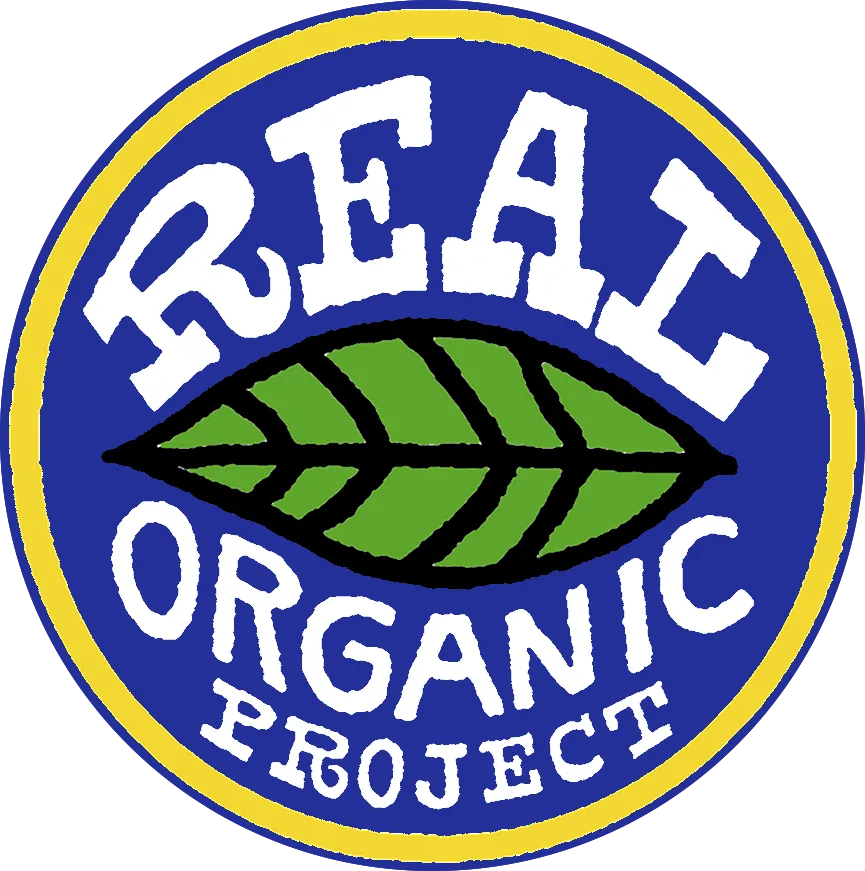A Response to a Failing Farmer: CSA ’16 ” Week #17
I asked Mike if he had any ideas for the newsletter this week, and he said, “Actually, I’ve been following this thread on Facebook. A CSA farmer is calling it quits and asked for folks to share how they found the experience of trying to make a living as a CSA farmer. Maybe you could talk about how we would respond and share that with our members.”
I read through the initial post and lots of the responses, including Mike’s. I thought you might find it interesting to read the initial post from the failing CSA farmer and then Mike’s response. There’s not much need for me to add on or translate. Here you go:
From Peasants’ Plot CSA’s weekly newsletter, dated 9/19/2016, entitled “Putting Our Hoes Down for Now – A Question for Fellow Farmers”
My husband Todd and I were “are” first generation farmers. This means we started our operation from scratch. Starting in 2007 we slowly built up equipment, knowledge, and infrastructure that included systems for growing, harvesting, and selling. Each season we supplied 100″250 CSA members with a weekly share of our crop, harvesting twice a week June through October. Last season (2015), one that the federal government officially declared a Disaster in our county, we decided we had to stop.
We were out of money and energy and had forgotten why we started farming to begin with. For years we had lived in a state of constant stress that comes with the unpredictability of farm expense, seasonal labor, and weather.
In more hopeful times, I’ve called this business of organic farming gratifying, because we supplied our members with organic food and were part of a movement that felt “feels” big and important. As a Community Supported Agriculture farmer, I felt like a grassroots activist. I hosted €œawareness-spreading€ events in the city, spoke about the significance of CSA in interviews, and even cofounded a CSA Coalition. I am still a fan of both CSA and organic food production. The ongoing issues of chemical pollution, the state of organic seed, and global corporate control of food are still big concerns of ours. We have just realized that martyring ourselves is not the way to go.
I will now let you in on a dirty little secret among first generation [organic] vegetable farmers. I think it should be made public. The secret is this: This is not an idyllic life. We are not making money to sustain our families. In fact, we are losing money year after year, investing our own savings or using money generously donated by other family members only to discover we may not be able to wait long enough for those investments to pay off. Many of us receive Medicaid. We will be paying off debt for years to come.
SO, as farmers, is it €œsustainable€ if not one of us says out loud, €œThis sucks. This isn’t working€? In our silence do we perpetuate the myth of the idyllic family farm? Picture a wholesome couple working side by side along smiling goats and baskets of perfect heirloom tomatoes in trim, abundant rows. Their white farmhouse gleams while a rooster crows in the gentle breeze. With this beautiful picture firmly in place in the minds of new farmers, the cycle begins afresh. New farmers begin their businesses, struggle to convey the picture of idyllic farm life for the sake of their customers, run out of money, use up all their credit, and finally quit. Just in time another new farmer steps up ” having been told only of the beautiful myth ” and falls into the same trap. Again and again until the system appears to be working. But it’s not. I know a lot of farmers like us. I am not making this up.
Why did our farm lose money? Did we not love it enough? Are we not skilled or smart or tough enough? Is the problem in our country so deep it is unfixable? Is it a question of reorganizing farm subsidies? Controlling monopoly within the food industry? Educating consumers? Educating farmers? Is it just a regional problem? Climate change?
My husband and I are smart. We wrote a business plan. We went to Farm Beginnings classes. Between the two of us you’ve got a high school valedictorian, a college graduate, an experienced gardener, a Master Gardener, a self-made fine woodworker, a mechanic, a carpenter with experience building houses, two creative problem solvers, an extrovert, an introvert, a good planner, a fast reactor, and the former captain of an award-winning flag corps. We have an extraordinary tolerance for chaos, dirt, and debt. We are also these things: an artist, a musician, a snowboarder, yoga teacher, massage therapist, husband, wife, father, brother, sister, daughter, son, and two people that want a little basic comfort in life.
We are looking for answers to the question of how to keep being farmers without losing all the other pieces of ourselves. Personally I still can’t talk about kale without my eye twitching, but I do want this conversation. Farmer friends, what is your reaction? Can we stop what I perceive as a cycle of martyrdom while continuing to farm? Or€¦am I wrong in my perception?
Many, many struggling farmers responded in agreement. Others had a more positive take, your Farmer Mike included. Here’s what Mike posted:
We have been farming since 2005 and are making our full time living from the farm. Every situation is different, and we have a had a lot go right for us over the years. We started on family land and still currently have some crops on this land. We currently own land 5 miles down the road, and farm about 19 acres in vegetables. Our location is very close to Madison, WI. We have extremely productive soil. We have multiple avenues to sell our produce (csa 390 boxes/week, wholesale, 1 farmers market). I wouldn’t be one to say that it is an easy job/lifestyle, but it is one that we are very happy with and feel content. Our farm is very profitable and we don’t feel like slaves to it. This wasn’t always the case, and it does get better as we get more experience. Having said that, there are a lot of challenges and uncontrollable events in this line of work. I attribute a large part of our success to being lucky and having support from our family. I think even if we wanted to try and replicate what we have done in the past 12 years, it would be impossible as there are so many variables along the way. For younger farmers to look at established operations without seeing the years it took to get there can be misleading, but it is possible to be happy, make money and have an organic vegetable farm.
We are indeed very lucky, very fortunate. Thanks to all of you who help us make a living by eating what we grow!
Happy cooking, happy eating.
In the Box:
- Acorn Squash
- Beets
- Beauty Heart Radish
- Chinese Cabbage
- Colored Peppers
- Garlic
- Onion
REGs only:
- Potatoes, Baby Russets
- Sweet Dumpling Squash
- Swiss Chard
EOs only:
- Brussels Sprouts
- Carrots
- Delicata Squash
- Head Lettuce
- Sweet Potato
3 Recipes to Use Your Box:
- Green Jade Soup
- Roasted Root Veggies with Garlic Thyme Dressing serve alongside meat or baked tofu
- Moosewood Arabian Squash Casserole with Colored Pepper Side Salad
Additional Recipes:
- Sweet Potato Hash with Pecans
- Stuffed Sweet Dumpling Squash with Mushrooms, Wild Rice and Apple Sausage
- Moroccan Carrot and Sweet Potato Fries
- Creamy Carrot Soup with Curried Beet Creme Fraiche
- Confetti Winter Squash Soup
- Beautiful Beet Salad with Honey-Lime Vinaigrette
- Quick Roasted Brussels Sprouts with Lemon and Parmesan
Wednesday, Sept. 28th ” Everyother Group A







